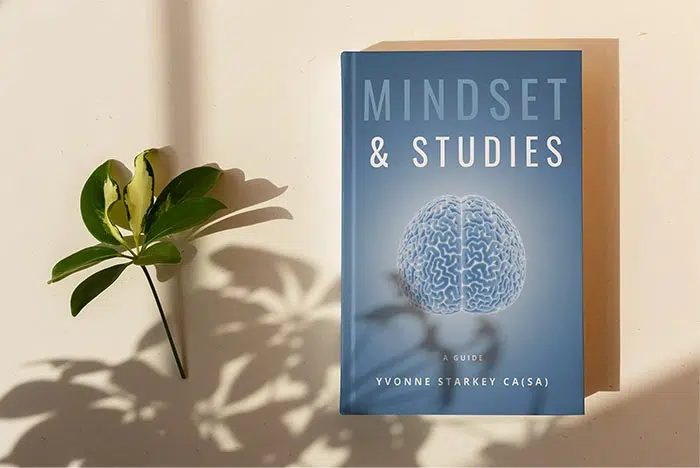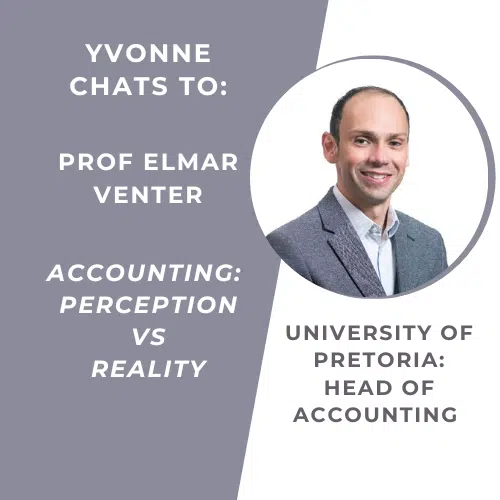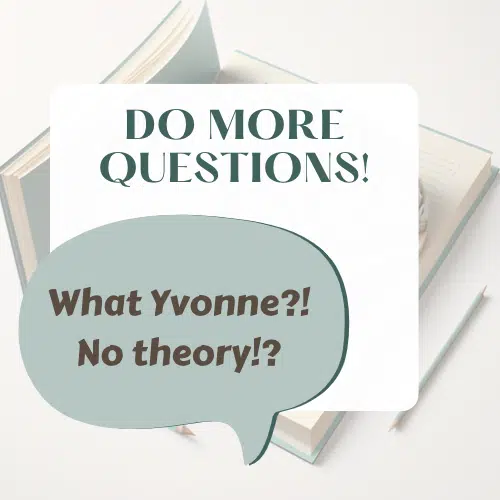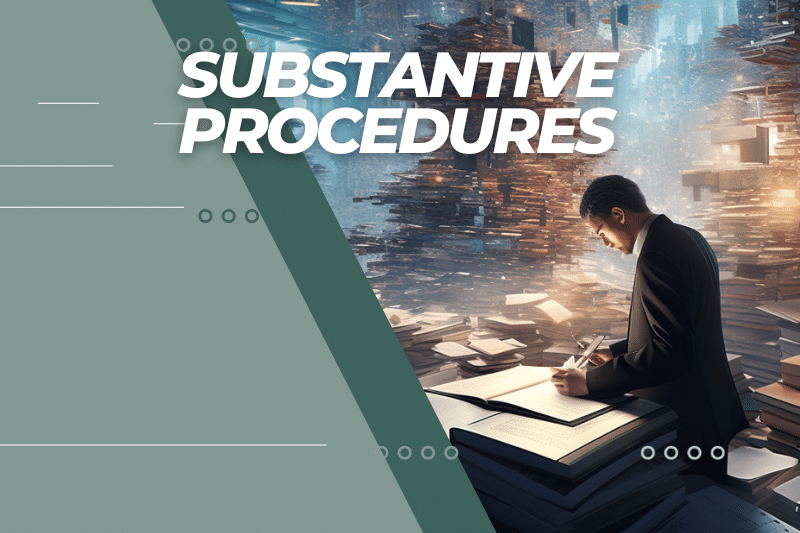Background & Why this article is important
I first wrote this article in mid-2014. It was going to be the first year that SAICA’s second Board Exam candidates would write the new APC exam instead of the old PPE exam.
in 2013, I worked for a training company that wanted to develop an official APC Board Course. As such, I sat in on SAICA committees, academic meetings and other meetings designed for education institutions to understand what the APC was about, how it would work, the differences between the new and old assessment approaches, how it would be ‘assessed’ etc. This gave me a very clear view of the differences that students would face between what they were used to, and this new style.
I also knew, and had experience of, the changes at higher levels filtering slowly down to earlier levels of the qualification. Knowing that each level in your studies is DESIGNED to prepare you for the next level, means that if there are changes higher up the ladder, there WILL be changes lower down the ladder as time passes.
I didn’t know how long it would take for these differences to really be seen, felt. There was no way of knowing how or when exams, and assessment styles would change, but I knew it was coming and I wanted to ensure that my students were prepared for this, and understood where it came from.
As each year has passed between 2014 and now, I have updated, edited and added to this article to reflect what things now look like. The basic concept still applies, but I can now give more examples, and students have now written more ‘new’ exams. These challenges are now REAL for students, and explain why they’re CURRENTLY struggling with their studying.
2021 Update: The APC results have been not-so-great for a while, the ITC results from April 2021 was an improvement over really bad results from November 2020. Board candidates are struggling with more discussion questions, and answering questions they really have NEVER seen the likes of before. While the topics are the same as their u/grad and CTA, stuff looks NOTHING like they studied. CTA / PGDA students are feeling this struggle too. This year is the first year that UNISA has more specifically increased the quantity of discussion questions in EVERY test. (Clearly following the ITC trend). This is also the first year that I’m getting more complaints from students in various universities at third year level. They’re starting to feel these challenges as well. The assessments are CHANGING!!!
SAICA’s review of ITC exams: “What did students struggle with?”
(I used the Jan 2019 SAICA review notes for this article, however the review notes that SAICA released for 2020, and 2021 have been EXACTLY. THE. SAME.)
If you’re studying ITC or CTA, note what SAICA wants you to be able to do when you write ITC, ie: what should you be able to do to pass CTA?
I recorded a video on this after the November 2020 results were released in early 2021. Check it out here
Ask yourself whether this is what you’re working on? Are you making these mistakes? If so… FIX IT!
SAICA’s review notes (Note: check Pages 10 – 13)
As you think of exam questions changing… ask yourself what CA’s are paid for.
Your exams are to prepare you for your professional career. So, it follows that you’re going to be assessed on the basis of the skills you’ll be expected to work with
Every year, students find that questions in exams are harder, and seem to be changing.
Is this true, or does it just feel that way?
What are CTA exams ACTUALLY for?
It’s easy during CTA to see nothing else beyond those final exams. Yes, we know that ITC comes next, but that’s next year’s problem… let’s just focus on CTA for now. You can barely focus on washing your hair, nevermind what’s coming in the future! WRONG!!!! I wrote an article a while back on the ‘Big picture of CTA’, this was intended to stretch students thinking a little as far as the purpose of CTA.
Simply put… CTA is a Board Course. The only reason we do CTA is because SAICA has given the job to prepare students for Board Exams to the Universities. That’s it. The task of CTA is to prepare you for that first Board Exam.
Why should you care?
If you follow what’s happening at Board Level, you’ll start to see where CTA is heading. Most students only look back. What was examined last year? What did the questions look like last year? Why isn’t this year’s papers the same as last year? But those Board exams are where the goal is… The task of the University is to match your outcomes with SAICA’s requirements… not match previous years!
If your university’s’ job is to prepare you… they have to look to what SAICA’s doing, and make sure that they change and update their assessments to match what you’ll have to pass in the future. SAICA changes… PGDA / CTA changes.
So, what’s up with SAICA then?
Ah… here’s the important question!
I wrote another article a while back on the changes to the second Board Exam. This was to try highlight the change in focus on the way that information is examined at second board level by SAICA. It’s a little tough to explain, so let’s try simplify the change with an example of the difference between the style of question and marking.
‘Expected’ exam questions:
“Calculate and disclose the impairment on the asset in the PPE note”
Marking process: The markplan will have the solution, calculations, disclosure, and you’ll get a mark for every ‘thing’ you have in your answer that matches the markplan. It’s the DETAIL they’re marking. You could write a bunch of rubbish under your answer, and if you have enough of the good stuff to pass, you’ll be fine… even if the examiner shakes their head at your overall understanding of what you’re doing. It’s a game. The best analogy I heard was “It’s like throwing mud at a wall and hoping that enough sticks to the wall to pass” 🙂
New style:
“Advise the Financial Director on the disclosure, financial impact and considerations involved in the asset impairment”
Marking process: The markplan includes CONCEPTUAL considerations, that basically assesses whether the student has identified certain issues properly? The ‘markplan’ could include the following:
– Has the student calculated the impairment accurately?
– Has the student disclosed the asset correctly?
– Has the student appropriately identified the impact that the change in production quantities will have on the asset value?
– Has the student discussed the full impact this will have on the financials (Profit? Assets? Tax? Deferred Tax? Depreciation?
– Does the student reflect an understanding of impairments and the impact on the financials?
– Does the student communicate their discussion points on the level expected when talking to a Financial Director? (Rather than another student, or a first year clerk, for example)
Each of these will count ONE competency. The idea is that you’ll either come out of it as “Highly Competent”, “Competent”, “Borderline Competent” or “Not Competent”
Point is… it’s no longer a game of “gather as many marks as you can even if you don’t really get it”, or “As long as you know your formats, you can plug in enough to pass”. You need to show the examiner that you have a clear understanding of what you’re doing, why, and how it affects the Financials etc.
Are your university’s past questions going to prepare you for that?
So many students I work with focus very much on ‘past papers’. I get this… and I get why. And it’s what your lecturers encourage as well… so, why am I asking this question? Because there’s a little ‘something’ that I often find it ‘lost in translation’ between lecturers and students:
What students are doing / hearing:
“If I do enough past papers, then I’ll have seen most questions, and the exam will be manageable, because I’ve ‘learnt’ the solutions to so many questions”
What lecturers are actually saying:
“Use past papers to practice your skills of applying your knowledge to unseen, different situations, so that when you face the exam (another unseen question), you’ll have better problem solving skills and the ability to apply your knowledge in this new situation”
Can you see the difference? Whether conscious or not… this is the approach of most students I work with.
It’s ugly, and it’s tough… but think seriously about whether the questions you’ve prepared yourself on (past papers going back a few years) are going to prepare you for that type of assessment? The answer is… not quite! It’s quite a subtle shift, but it’s a huge change in thought process and a MASSIVE shift in exam technique.
I wrote an article on what ‘application’ is trying to test. “Studying should be like making coffee”
I told my CTA Auditing students years ago about these changes, and lectured them accordingly. Think about the impact of what you’re doing, the goal, the big picture. Prepare yourself for solving problems you’ve NEVER seen before. Focus on communication and building an appropriate solution. Those who paid attention are doubtless better off. Study this stuff as if you’re writing last year’s papers, learning answers like you’re collecting nuts for the winter… and the change is going to be tougher!
Are they trying to make you fail?
No, Of course not. South Africa has never needed more qualified Accounting professionals! The challenge, however, is to prepare students for what they’re genuinely going to be required to do for the money they want to be paid when they’re qualified. Industry’s biggest complaint is NOT that qualifying students don’t know their technical stuff… it’s that they’re not able to THINK, adapt, discuss, problem-solve etc. SAICA is paying attention to the challenges that these future professionals will face, and trying to prepare you for it appropriately.
Take a look at some of YOUR discussion solutions for questions you’ve done. (Accounting treatment discussions, etc) Would you present that as a report to a client if it was a genuine engagement that someone was paying you R1 500 an hour to advise them on? If not… then what exactly are you preparing for?
So, what do you do if you’re in CTA / PGDA?
Focus on building your problem-solving skills, as opposed to your memory and theoretical details. Easy to say, tough to do.
This is one of the reasons that I do Study Coaching for students. The shift from exams that are technical / calculation / memory / repetitive and ‘expected’, to questions with problems you’ve never come across before requires a different type of studying and focus. And honestly? This is pretty contradictory to what most CTA students are comfortable doing, and isn’t the way they’ve studied in the past. (check out this video on why perfectionists need study help)
Other advice?
- Pay attention to the competencies and how you’re going to USE the information, as opposed to learning stuff off-by-heart.
- Those discussion questions you don’t like so much? There’s only going to be more and more of them, so spend a lot of time on improving your discussion skills. Can you explain what you’re doing, why, and how? Can you ‘use’ professional judgement?
- Be careful of focussing too much on technical details (especially since the theory / laws etc are on your desk in those SAICA books in the exam!)
- Do more questions. More recent questions. Take a look at some ITC questions as well. Be careful about doing questions from a few years ago. They’re good for practice, and you’ll find them in your material, but don’t base your skill level on questions that are 5 years old. A LOT has changed in the last 5 years!
Please remember that the examiners are not trying to make your lives miserable, and are not trying to make you fail!
So, what do you do if you’re in third year or lower?
If you’re in third year, or you have another year of CTA to look forward to next year… PAY ATTENTION to what’s going on around you, in the profession, in SAICA’s Board Exams. Make sure you UNDERSTAND what you’re doing, so you can genuinely APPLY your knowledge rather than learn a database of questions that you know the answers to.
Remember that exam and competency changes ‘filter’ down. Although these differences are more ‘obvious’ for CTA students, they will affect you, now or later.
- CTA changes to better prepare you for ITC.
- Third year has to change to better prepare you for CTA.
- Second year has to change to better prepare you for third year
You can save yourself a lot of pain in CTA, by improving your study skills as early as possible. You don’t want to change your study habits, skills etc DURING CTA, if you can avoid it.
Conclusion
We want the big salary at the end of the day? We want to be respected? We have to work for it. We want to be seen as professional, we have to make sure that we actually are professional!!
If you want to know more about Study Mindset & Strategy:
- Email me: yvonne@accountingstudyadvice.com
- Check out the online course that’s part of the coaching
- Take a look at this video














